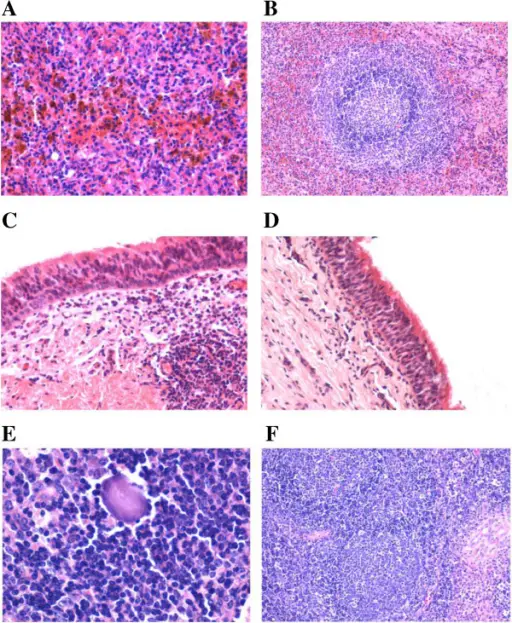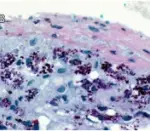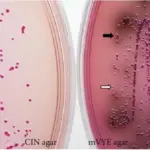Viral gastroenteritis is an intestinal infection marked by watery diarrhea, abdominal cramps, nausea or vomiting, and sometimes fever.
What is the Pathology of Viral Gastroenteritis?
The pathology of viral gastroenteritis is:
-Etiology: The cause of viral gastroenteritis is rotavirus, norovirus, adenovirus, and other viruses.
-Genes involved: None.
-Pathogenesis: The sequence of events that lead to viral gastroenteritis The virus uses the enterocyte to replicate, leading to interference with brush border enzyme production, which in turn leads to malabsorption and osmotic diarrhea. Additionally, viral toxins lead to direct damage and cell lysis of enterocytes and intestinal villa, causing a transudative loss of fluid into the intestine. The loss of cell function can lead to electrolyte abnormalities which are caused by the loss of transporter functionality.
-Histology: The histology associated with viral gastroenteritis shows inflammation, swelling, and irritation of the inside lining of your gastrointestinal tract.
How does Viral Gastroenteritis Present?
Patients with viral gastroenteritis typically in all genders at all ages. The symptoms, features, and clinical findings associated with viral gastroenteritis include: watery diarrhea and vomiting, headache, fever, and abdominal cramps.
How is Viral Gastroenteritis Diagnosed?
Disease in sentence case is diagnosed by rapid stool test, and PCR.
How is Viral Gastroenteritis Treated?
Viral gastroenteritis is treated by self-care measures. There’s often no specific medical treatment for viral gastroenteritis. Antibiotics aren’t effective against viruses, and overusing them can contribute to the development of antibiotic-resistant strains of bacteria.
What is the Prognosis of Viral Gastroenteritis?
The prognosis of viral gastroenteritis is excellent. Estimates for mortality and morbidity widely vary.



